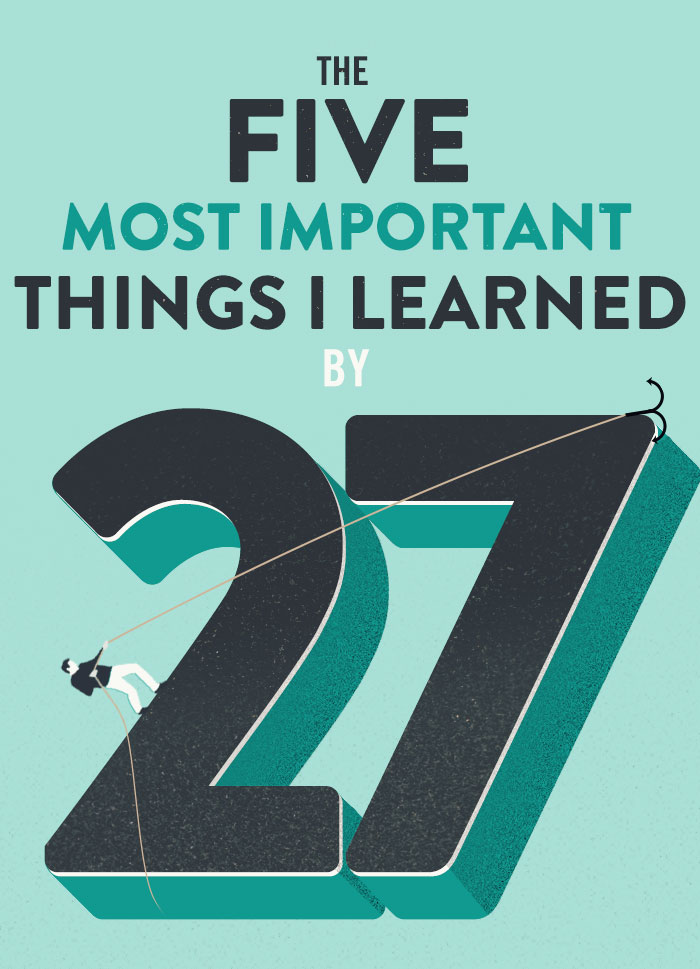
So you’ve finally made it.
Officially in your late twenties – half a decade out from college and conquering the great, wide world through pure grit and elbow grease. At long last you’re a grizzled veteran of adulthood, and there’s nothing that this universe can throw at you that you haven’t already beaten.
Not unless you’re anything like me.
It’s been barely over a year since I wrote about “The Five Most Important Things I Learned By Twenty Five”, and I was pretty sure that by now I’d know everything there is to know. After all, thirty is only a few years away, and that’s the age where I’ll be instantly transforming from a bright-eyed kid into a crotchety old fart (I assume that’s how it works). Life, it turns out, had a few more lessons to teach before then. Here are the five most important things I learned by twenty-seven:
Rejection Is A Skill
It was around this time last year that I finally worked up the nerve to pursue my lifelong dream of becoming a fiction author. Day after day I sent out short stories and flash fiction pieces, and day after day my inbox filled up with rejections. In spite of what they might tell you, it doesn’t get any easier, and the latest “thanks-but-no-thanks” stings just as much as the first. That doesn’t change, but what did change was my ability to handle it.
Took me long enough.
Racking up an 81.6% rejection rate (yes, I ran the numbers) I started questioning if my stories were really any good, if I’d ever amount to anything, if I wasn’t just kidding myself. And somewhere in the middle of that miserable pity-party, I finally asked myself the only question worth anything: is my pride more important than my dream?
The answer was categorically no, it wasn’t. And it still isn’t – and it was from that point forward I started learning how to process rejection. Not with defeatism or fatalism (which respectively say “it doesn’t matter” and “it’s out of your control”), but with fortitude – the lost art of handling the rough spots of life with dignity, durability, and doggedness. I’m talking about the ability to rationally review your errors and separate your mistakes from the forces beyond your control. The ability to accept the reality of both and process the embarrassment that go along with them without being destroyed by them is going to keep you going longer than even your greatest triumphs.
That said…
Know How To Recognize Success
Paragon of ambition that I was, I figured that twenty-six wasn’t just going to be the year I got published but the year I finally morphed into the shredded Adonis I was always meant to be (instead of the Jack Skellington look-alike I’d always been). I’d spent enough time being a scrawny scarecrow, and by God, I was going to finally man up, knuckle down, and make it happen.
It didn’t work.
Or at least, it didn’t work the way I planned.
For all the protein shakes, calorie counting, Excel spreadsheets, and lovingly crafted heavy-metal workout mixes, I still found myself inevitably backsliding on my commitments. For three, four, even five weeks I’d be perfectly on track, only to inevitably find some excuse to stop. There’d be that one night where I’d get back home too late to exercise (or that’s what I’d tell myself), or I’d come down with a cold and “didn’t want to push myself”, or there’d be a dozen other excuses too dumb to even be worth remembering. One way or another, I’d bring my perfect streak to a faltering, undignified end.
And I’ve learned not to make the mistake of calling that failure.
Sure, I’d flunked exercise plan after exercise plan, but in spite of those burn outs, in that year alone I’d worked out more than I had in the quarter century prior. While I never did master that high-calorie, high-protein diet, I did learn more about nutrition and meal planning than I’d ever known before, and at least a few healthy dishes had made their way into my weekly meals. I’d finally managed to see my stumbles for what they really were – stumbles. A handful of errors that in no way cancelled out the actual strides I’d made, and that fundamental shift in perspective was nothing short of liberating. Have I screwed up since then? You better believe it. But I have come back every single time, and not weighed down by the shame of having failed but with a sense of joy for getting to try again, and the same can happen for you the minute you recognize this simple truth:
Success doesn’t mean perfection, it means progress.
Learn To Market Yourself
My day job is in the field of “workforce development” – essentially a hybrid of training and career counseling. Over the past five years, I’ve worked with thousands of clients seeking employment and without exception, the biggest indicator of success I’ve found isn’t people’s skills, education, or experience – it’s their ability to say they’re skilled, educated, and experienced.
Because not everyone does.
After all, plenty of folks were raised to be polite and modest, and while those are good qualities, they’re not going to do much good in those critical places where you’re called upon to sell yourself. It might be an interview or some key pitch to a present employer or a prospective client. Maybe you’re trying to give your team direction, or simply trying to impress a potential date.
Regardless of the situation, the brutal truth is that most strangers are going to equate your value to be based on what you can do for them. It might not be pleasant, but it is reality, and the sooner you make peace with that, the sooner you can start developing an accurate-but-nevertheless-appealing argument for who you are, what you can do, and why you can do it faster, better, and more ingeniously than anyone else. Now is the time to be sharpening these skills, because they’re only going to become more important as you grow older, more experienced, and less able to use our youth as an excuse for your weaknesses or gaps (not that you ever should have). At the end of the day, it simply comes down to this:
If you don’t advocate for yourself, who else is going to?
Spending Is As Much An Art As Saving
As surreal as it might sound, money will (eventually) stop being a worry. Or at least, it will stop being so much of a worry.
Contrary to the frivolous, wasteful brats the media likes to portray Millennials as, the harsh reality is that most of us will have left college in the wake of the Great Recession. Jobs were scarce and for young people they were even scarcer. When we did get them we worried constantly about the prospect of losing them, and we still work ourselves ragged to prove our worth. Far from blowing our hard earned cash on diamonds and avocado toast, most of us got into the habits of desperately saving, simplifying, and generally tightening our belts when it comes to, well, everything.
There’s nothing wrong with that.
We will however, one day find ourselves in more stable work with better pay and, should worst come to worst, with enough experience that job searching won’t be anywhere as daunting as it was the first go round (what did I just say about learning to market yourself?). The question then becomes not “how on earth do I save?” but rather “how on earth do I spend?”
After so long on a ramen diet, figuring out what to do with our money can be daunting – hell, just spending at all can be a challenge. There’s a fine line between thrifty and cheapskate and I have been on the wrong side of it more times than I can count. While I still struggle with that, what’s helped me more than anything else has been a simple shift in perspective – I’m not buying things, I’m buying experiences.
For all the misery that the post-college grind can put you through, one of the gifts near-poverty offers is a sense of what’s truly lasting and valuable. You can make another thirty bucks – that bottle of whisky with your friends on a warm summer night doesn’t come anywhere as easy. Same goes for experimenting with a new hobby or investing in a new way to de-stress, both of which can dramatically enrich your life and contribute to your long-term growth.
Of course, none of this is to say that you should be wasteful with your money – just that you should have a firm understanding of the things you like, the fundamentals of quality, and an openness to exploring without feeling guilty for it – but on the note of the things you want…
Ask Yourself What You Don’t Want
It’s one thing to know what you like when it comes to food, drinks, and clothes – knowing what path we want to ultimately be on is something else altogether. And it’s something I’ve seen time and again in my work. Those thousands of clients I talked about earlier? Well, I’ve actually had the chance to sit down with them one-on-one and ask, in one way or another, what they wanted to be when they grew up.
I can’t tell you how many break down in an existential panic when I ask that. Given the chance to get trained for a fresh start in a new career, many up and stammer that they simply don’t know what they want to pursue.
The harsh fact is that choosing one option means choosing against so many others. That’s an enormous amount of pressure, and plenty of folks crumble underneath the weight of it. But when I see my clients start to hyperventilate, I have them take a deep breath, count to five, at which point I ask them if they want to go into telemarketing.
Now that usually gets a definitive answer. Barring the sales-minded folks, my clients will empathetically tell me no, they don’t want to be telemarketers. Definitely not that.
Which is when I ask if they’d like to be serving tables, and no, most of them don’t want that either. I might go on to suggest janitorial work, computer programming, luchador wrestling, but by then, they tend to get at what I’m driving at.
We can use the same principle.
It will always be tough to decide what you want to do, but one thing that can make it easier is to ask yourself what you don’t. What would be an unacceptable place for you to be in your life? Stuck in some lifeless corporate rat race? Spending a decade performing backbreaking manual labor? Trapped in some city you never liked to begin with? Still single? Still in a bad relationship?
These are the questions that you’ll need to ask.
What are the things you don’t want to happen? What are your categorical unacceptable scenarios, and how can we prevent ‘em from happening?
Will that solve the issue? I can’t promise that it will.
What I can promise is that it will make things one helluva lot easier.
Did you like this piece? Please share it!
What have you learned so far? Keep the list going in the comments!



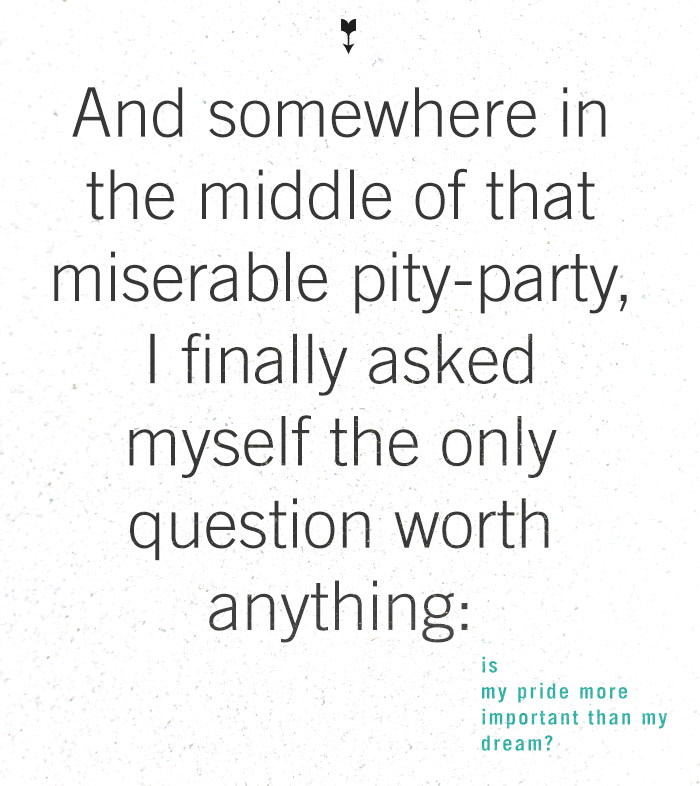
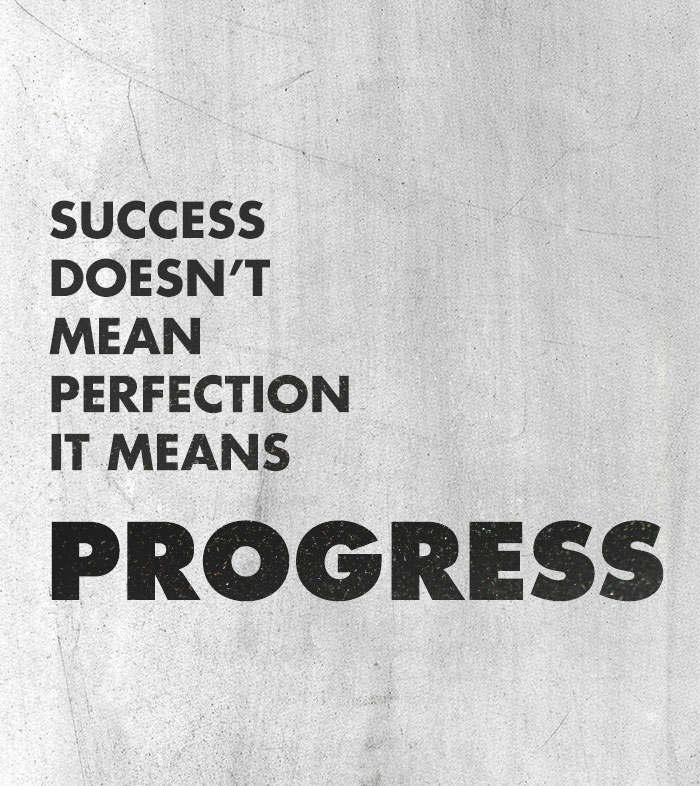
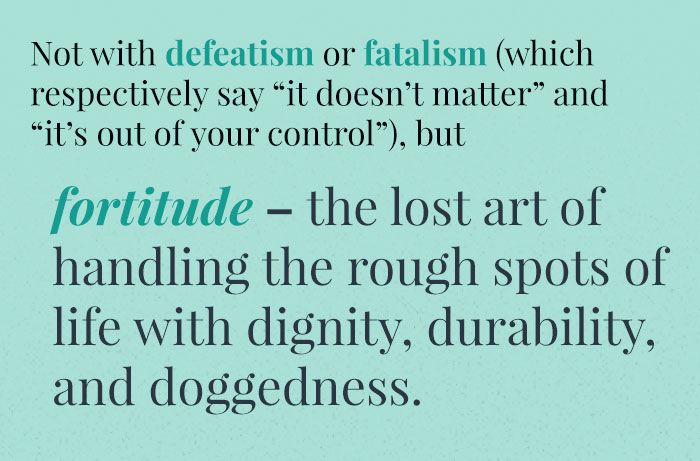
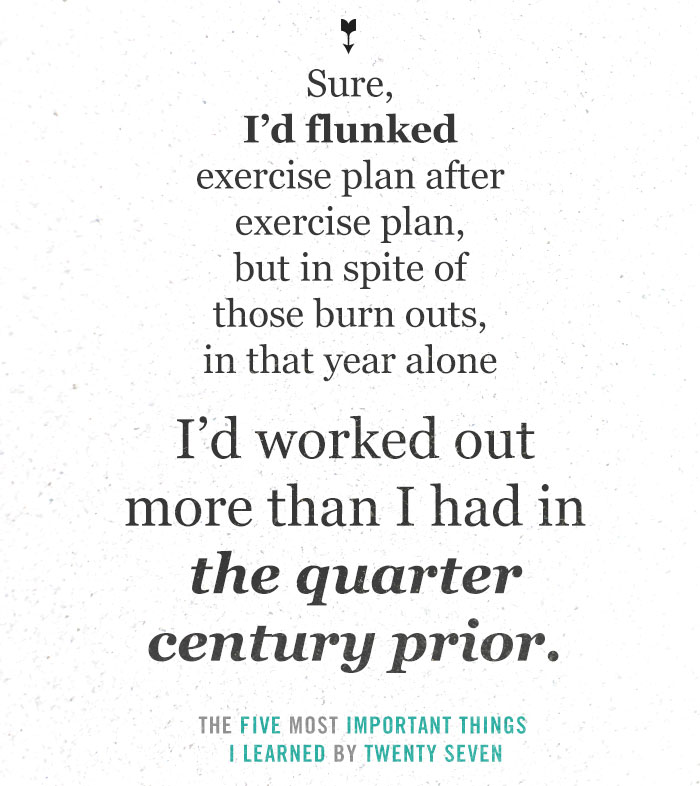





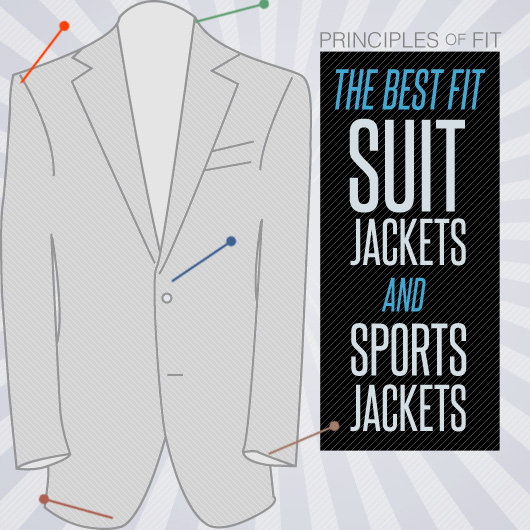
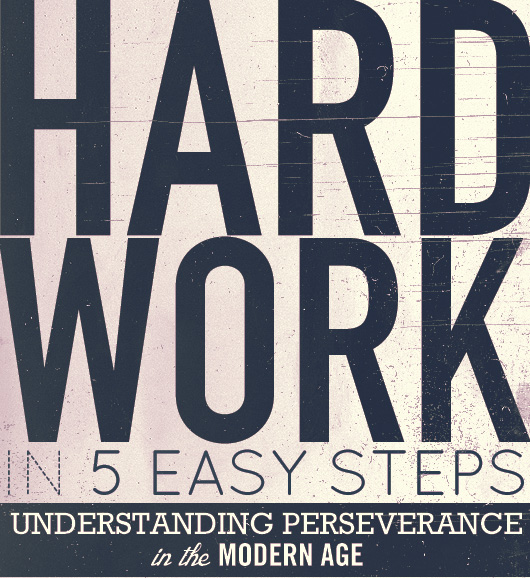

![It’s Time to Begin Again: 3 Uncomfortable Frameworks That Will Make Your New Year More Meaningful [Audio Essay + Article]](https://www.primermagazine.com/wp-content/uploads/2025/01/begin_again_feature.jpg)



